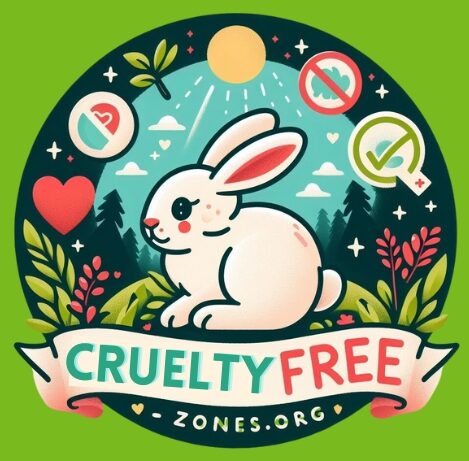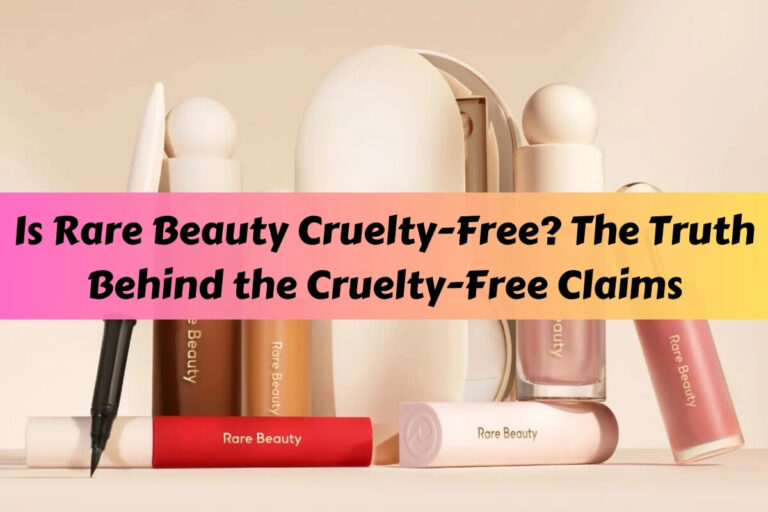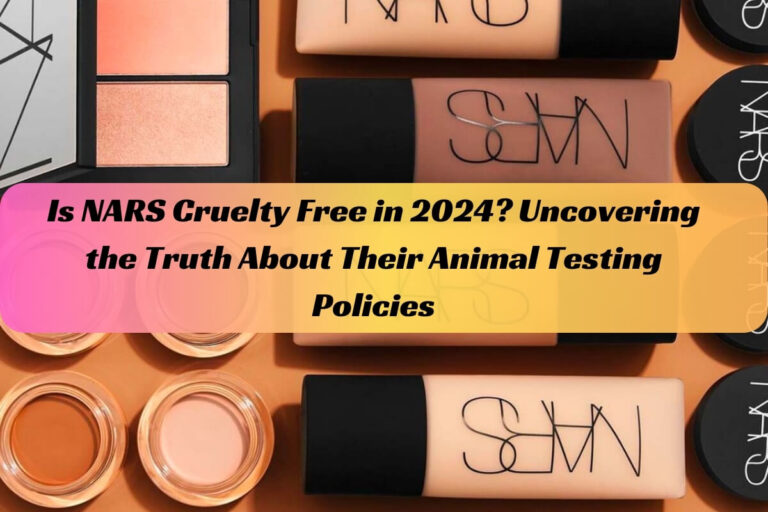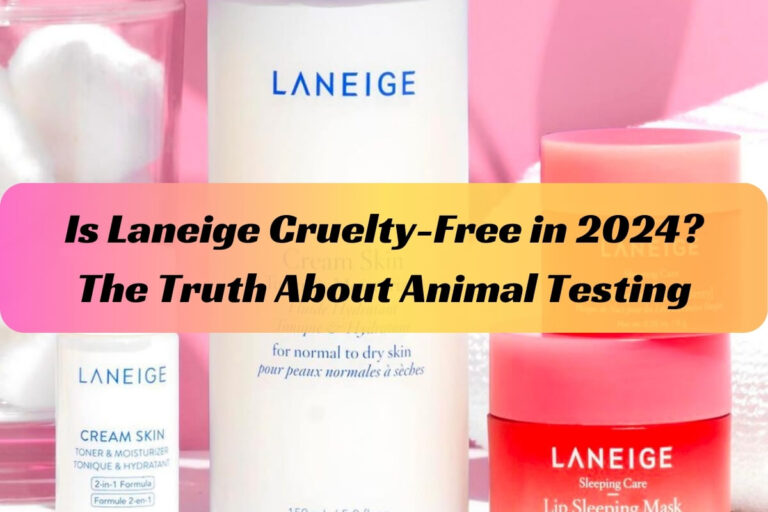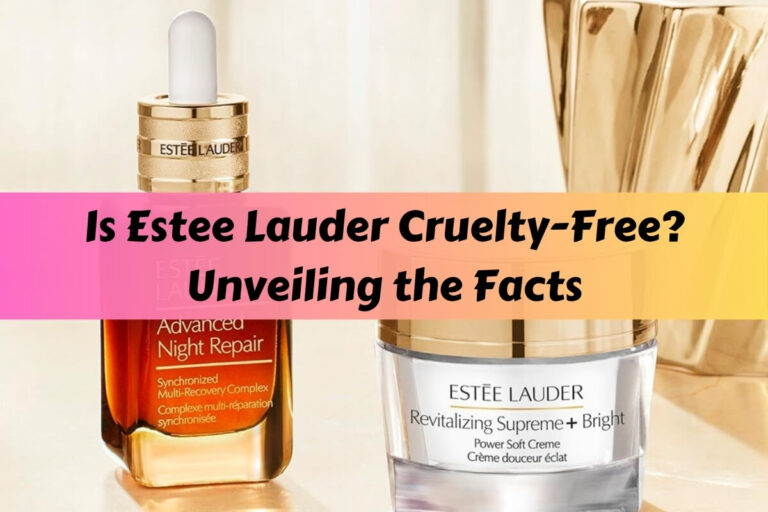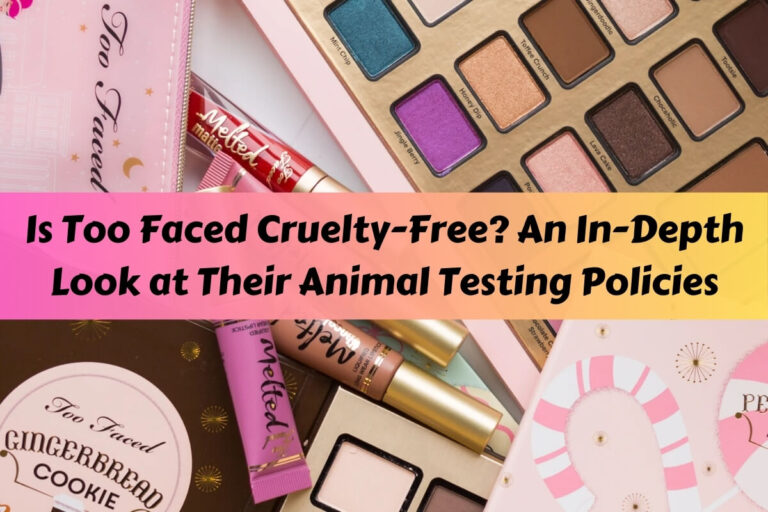Is Revlon Cruelty-Free? The Truth About Their Animal Testing Policies
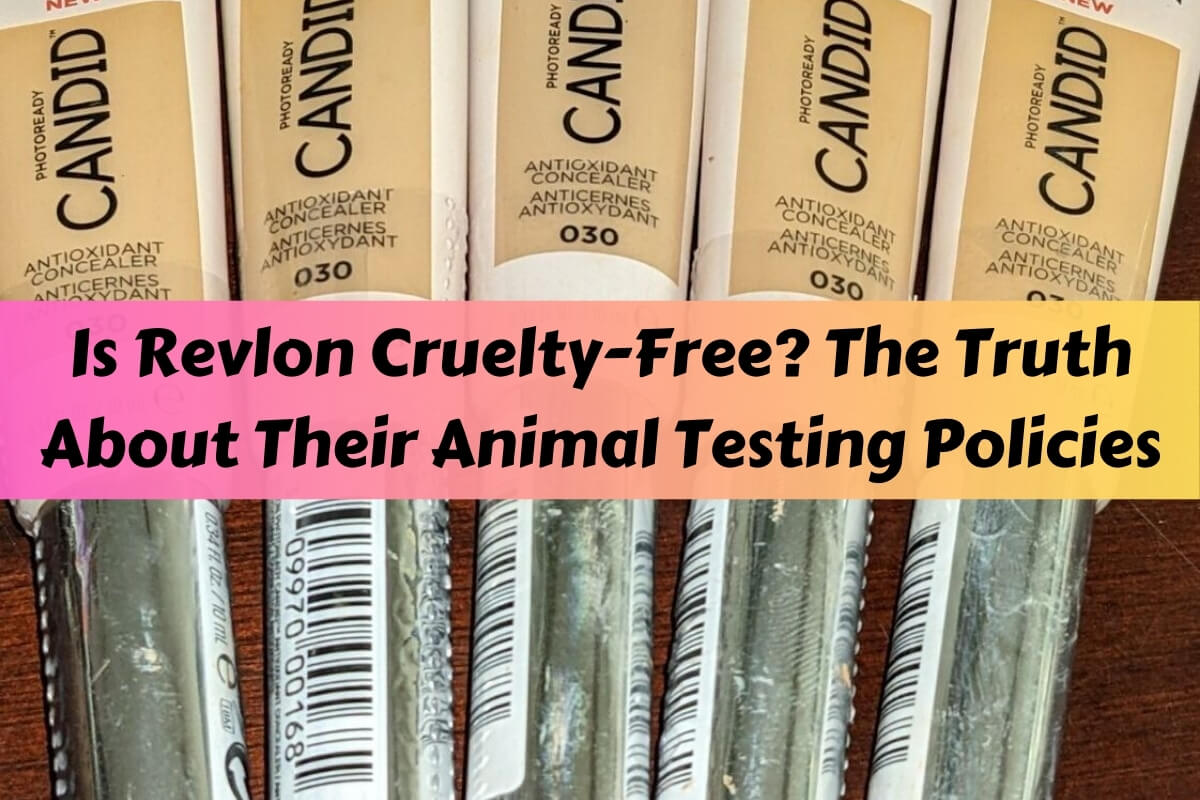
In today’s world, consumers are becoming increasingly conscious of the ethical practices behind the products they use, especially in the beauty industry. With animal cruelty being a major concern, many are seeking cruelty-free and vegan alternatives to their favorite cosmetics and personal care items. One of the biggest names in the makeup world is Revlon, but the question on many minds is, is Revlon cruelty-free?
The short answer is no, Revlon is not cruelty-free. While the company claims to have stopped animal testing for its products since 1989, it still allows third-party testing on animals in certain countries where it’s required by law.
This guide covers Revlon’s animal testing policies, their vegan and gluten-free products, and provides cruelty-free alternatives. It offers tips for identifying truly cruelty-free brands and discusses the future of cruelty-free beauty.
What Does Cruelty-Free Mean?
Before we delve into Revlon’s practices, it’s essential to understand what “cruelty-free” means in the beauty industry. Cruelty-free refers to products that have not been tested on animals at any stage of development or production. This includes finished products, ingredients, and any third-party testing conducted on behalf of the brand.
Cruelty-free means no animal testing, but vegan means no animal-derived ingredients like beeswax or lanolin.
The cruelty-free movement has gained significant traction in recent years, with consumers becoming more aware of the unethical treatment of animals in product testing. Many view animal testing as unnecessary and cruel, leading to a growing demand for cruelty-free cosmetics and personal care items.
Revlon’s Official Animal Testing Policy
To understand Revlon’s stance on animal testing, we must examine their official policy statements. On their website, Revlon claims, “The Company has not tested on animals since 1989 and believes that animal testing is not necessary to establish the safety of our products or ingredients.”
However, the statement continues, “There are, however, a limited number of countries that have not yet adopted these alternative scientific methods. While Revlon complies with the requirements for safety in all of these countries, we continue to collaborate with other companies to advocate that these governmental authorities adopt alternative testing methods and eliminate animal testing everywhere around the world.”
In simpler terms, Revlon allows its products to be tested on animals in countries where it’s required by law, such as mainland China, to sell their products.
Is Revlon Certified Cruelty-Free?
One way to determine if a brand is truly cruelty-free is to look for third-party certifications from organizations like Leaping Bunny or PETA. These certifications ensure that a brand has met strict criteria and undergone audits to verify its cruelty-free claims.
Unfortunately, Revlon is not certified as cruelty-free by any of these organizations. This means that there is no independent body substantiating or auditing Revlon’s claims of not testing on animals.
The Revlon-PETA Controversy
The controversy surrounding Revlon’s cruelty-free status came to light in 2012 when it was discovered that the company had started selling its products in mainland China, where animal testing is mandatory for foreign cosmetics.
Until then, Revlon had been on PETA’s (People for the Ethical Treatment of Animals) list of cruelty-free brands for over two decades. However, when PETA learned about Revlon’s decision to sell in China, they promptly removed the company from their cruelty-free list.
In a statement, PETA accused Revlon of betraying the trust of millions of consumers who had used their products under the belief that they were cruelty-free. PETA also called out Revlon for urging them to relax their standards for classifying a brand as cruelty-free, simply because it sells in a country that requires animal testing.
Despite PETA’s statements and public outcry, Revlon has continued to sell its products in China and has no plans to withdraw from the market.
Revlon’s Vegan and Gluten-Free Status
While Revlon’s cruelty-free status is questionable, the company’s stance on vegan and gluten-free products is more straightforward.
According to various sources, Revlon is not a fully vegan brand. The company uses animal-derived ingredients such as beeswax, lanolin, and carmine in some of its formulas, which are not considered vegan.
However, Revlon does offer some vegan options in their product line, such as their Total Color hair color range, which is labeled as “Vegan and Clean.”
Regarding gluten-free products, Revlon does not claim to be a gluten-free brand. While some of their products may be gluten-free, the company does not specifically market or label them as such.
Cruelty-Free Alternatives to Revlon
If you’re looking for cruelty-free alternatives to Revlon’s products, there are several reputable brands to consider:
- Elf Cosmetics: Elf is a cruelty-free and vegan makeup brand that offers affordable and high-quality products.
- NYX Professional Makeup: While owned by L’Oreal (a company that is not cruelty-free), NYX is certified cruelty-free by PETA and offers a wide range of vegan makeup products.
- CoverGirl: Another drugstore favorite, CoverGirl is certified cruelty-free by Leaping Bunny and offers a variety of affordable makeup options.
- Milani: Milani is a cruelty-free and vegan makeup brand known for its high-quality and affordable products.
- Haus Laboratories: Founded by Lady Gaga, Haus Laboratories is a cruelty-free and vegan makeup brand that offers innovative and bold products.
These are just a few examples of the many cruelty-free alternatives available in the market. When choosing a cruelty-free brand, it’s essential to research their policies and certifications to ensure they align with your values.
How to Identify Truly Cruelty-Free Brands
With the rise of greenwashing and misleading claims in the beauty industry, it can be challenging to determine which brands are truly cruelty-free. Here are some tips to help you identify cruelty-free brands:
- Look for third-party certifications: Certifications from organizations like Leaping Bunny or PETA provide credibility and assurance that a brand’s cruelty-free claims have been verified.
- Check the brand’s official policies: Visit the brand’s website and read their animal testing policy thoroughly. Look for statements that explicitly state they do not test on animals, their suppliers do not test on animals, and they do not sell in countries where animal testing is required by law.
- Ask questions: Don’t hesitate to reach out to the brand directly and ask specific questions about their animal testing policies, suppliers, and third-party testing.
- Be wary of greenwashing: Watch out for brands that make vague or misleading claims about being “cruelty-free” without providing concrete policies or certifications.
- Research and cross-reference: Check reputable sources, blogs, and forums dedicated to cruelty-free living to find up-to-date information and reviews on brands.
Remember, being an informed and conscious consumer is the key to supporting truly cruelty-free brands and driving positive change in the beauty industry.
The Future of Cruelty-Free Beauty
The demand for cruelty-free and vegan beauty products has been steadily increasing, driven by heightened consumer awareness and ethical concerns. This trend has led to more brands embracing cruelty-free practices and seeking alternative methods for product testing and development.
Additionally, there is growing pressure on governments and regulatory bodies to update laws and regulations surrounding animal testing for cosmetics. Several countries, including the European Union, have already implemented bans or restrictions on animal testing for cosmetic products.
As the cruelty-free movement gains momentum, more brands will likely shift towards cruelty-free practices to meet consumer demands and stay competitive in the market. However, the path towards a fully cruelty-free beauty industry may still face challenges, particularly in countries where animal testing is deeply ingrained in regulatory frameworks.
The future of cruelty-free beauty depends on consumers who care about ethics and sustainability. By supporting cruelty-free brands and pushing for change, we can make the beauty industry more compassionate and ethical.
In conclusion,
Revlon claims to not have tested on animals since 1989, but they comply with animal testing laws in certain countries, like China, which contradicts their cruelty-free claims.
Truly cruelty-free brands refuse to test on animals, even if it means leaving markets that require it. They prioritize ethics over sales.
Moving forward, the future of cruelty-free beauty lies in the hands of conscious consumers who prioritize ethical and sustainable practices. By supporting brands that are certified cruelty-free and vegan, and advocating for stronger regulations against animal testing, we can collectively drive the beauty industry towards a more compassionate and ethical future.
The Rise of Cruelty-Free Beauty
The cruelty-free beauty movement has gained significant traction in recent years, driven by heightened consumer awareness and ethical concerns. As more people become conscious of the impact of their choices on animal welfare, the demand for cruelty-free and vegan products has skyrocketed.
This shift in consumer preferences has led to a proliferation of cruelty-free and vegan beauty brands, offering a wide range of high-quality and innovative products. From makeup and skincare to haircare and fragrances, there is now a diverse array of ethical options available for conscious consumers.
The Role of Certification and Transparency
To navigate the cruelty-free landscape, third-party certifications from organizations like Leaping Bunny and PETA play a crucial role. These certifications provide credibility and assurance that a brand’s cruelty-free claims have been verified through rigorous audits and adherence to strict criteria.
In addition to certifications, transparency is key. Truly cruelty-free brands are open about their policies, suppliers, and testing methods, allowing consumers to make informed decisions. By openly addressing concerns and providing clear information, these brands foster trust and establish themselves as ethical and responsible players in the industry.
Ethical Alternatives to Revlon
For those seeking ethical alternatives to Revlon, there are numerous cruelty-free and vegan brands to explore. Some notable options include:
- Elf Cosmetics: A budget-friendly and cruelty-free makeup brand that offers a wide range of vegan products.
- Tarte Cosmetics: Known for its high-performance and clean formulas, Tarte is a cruelty-free and vegan-friendly brand.
- Pacifica Beauty: A cruelty-free and vegan brand that focuses on clean and sustainable beauty products.
- Kat Von D Beauty: Founded by the famous tattoo artist, Kat Von D Beauty is a cruelty-free and vegan makeup brand with bold and high-quality offerings.
These are just a few examples of the many cruelty-free and vegan brands available in the market today. By supporting these ethical alternatives, consumers can actively contribute to the growth and success of the cruelty-free beauty movement.
